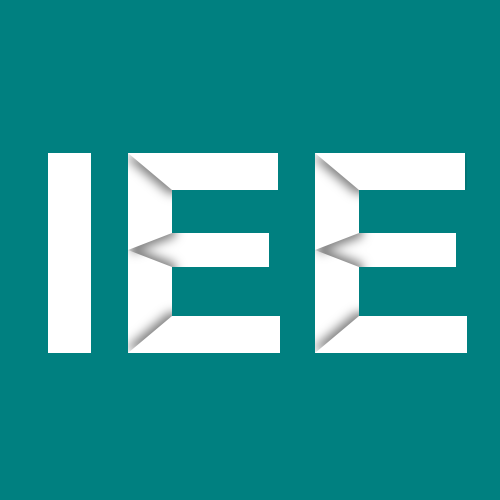
The sustainable decarbonisation of our energy systems must be achieved to counteract the climate crisis. This presents us with unprecedented regulatory, social, economic, and technical challenges.
These challenges will affect electricity systems, gas supplies, industry, transport and mobility, housing and heating, as well as agriculture. The researchers at the ENERGETIC Research Center at TU Graz are developing innovative and interdisciplinary solutions in order to actively shape this transformation process.
Sustainable and efficient energy systems are important pillars of support that will enable the EU and Austrian climate goals to be achieved. Comprehensive research work is particularly needed on three levels. At the system level, optimisation and simulation systems are being developed that can be used to map the decabonisation of energy systems, provide techno-economic support, and evaluate this transformation. At the methodological level, the focus is being directed towards the evaluation of data sets that are used to intelligently plan and control energy systems by means of artificial intelligence. On the hardware level, the existing energy infrastructure is being analysed, new technologies to store energy from sustainable sources are being developed, and technical tools are being created to use energy more efficiently and reduce energy consumption.
Core Research Area 1: Energy System Modeling & Analysis

Core Research Area 1 (CRA 1) places a focus on the energy system. The researchers develop models of integrated, sector-coupled energy systems (electricity, gas/hydrogen, heat, etc.) to optimally plan and evaluate how they can be expanded and operated to meet our climate goals. To ensure that this infrastructure operates safely and continuously, both the individual components, e.g. converters, machines, generators, and cables, and the entire network must be modelled, simulated, optimised, tested, and thoroughly analysed.
Core Research Area 2: Digital Energy Systems

Core Research Area 2 (CRA 2) places a research focus on new digital methods for energy systems. Researchers investigate how to digitally represent energy systems and use AI methods to carry out intelligent analyses, simulations, and forecasts. Central topics are how to handle and represent large amounts of data and systematically analyse these. In addition, the theoretical concepts and methods are tested in the Living Lab Inffeld in an applied context.
Core Research Area 3: Innovative Technology Solutions

Core Research Area 3 (CRA 3) places a focus on hardware, namely on the development of technologies and tools that support decarbonisation. The research work is carried out to develop and evaluate innovative and efficient technologies that are essential to renewable energy use, as well as to expand and further develop electricity grids, storage, and ultimately to reduce energy consumption. Storage technologies are particularly essential for the integration of renewable energy from sustainable sources, such as wind and sunshine, as these are normally subject to high fluctuations in availability.


